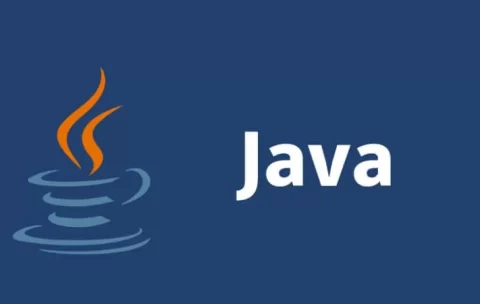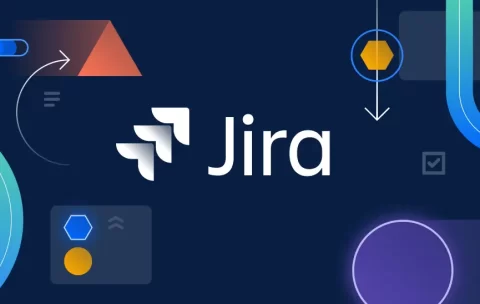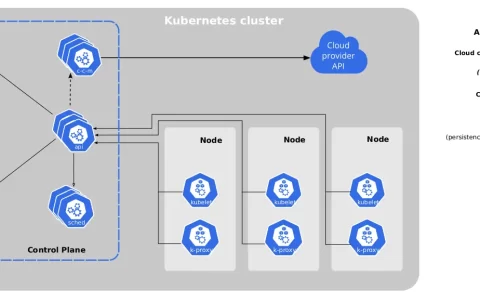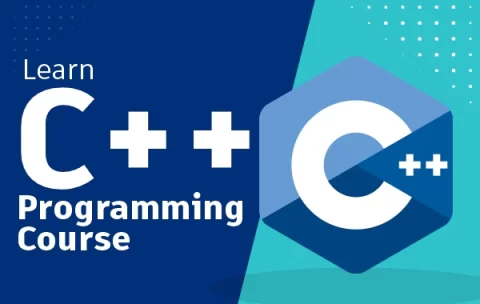Filter by Topic
Filter by Vendor
Basic Java Programming (TT2120)
Geared for experienced developers, Basic Java Programming for Developers New …
What you'll learn
Understand the fundamentals of the Java platform, its lifecycle, and the responsibilities of the Java Virtual Machine (JVM), enabling you to create efficient and reliable Java applications.
Gain proficiency in using the JDK, including navigating its file structure, utilizing the command-line compiler, and executing Java applications, ensuring a smooth development process.
Master the IDE, including its interface, project management, and module creation, to enhance productivity, collaboration, and overall development workflow.
Develop solid skills in writing Java classes, defining instance variables, creating object instances, and implementing main methods, forming a strong foundation in Java programming.
Acquire expertise in adding methods to Java classes, writing constructors, and leveraging the 'this' keyword, allowing you to create more sophisticated and customizable Java applications.
Comprehend and apply core object-oriented programming concepts, such as encapsulation, inheritance, and polymorphism, to create modular, maintainable, and reusable code.
Enhance your knowledge of Java language statements, including arithmetic, comparison, and logical operators, as well as loops and switch expressions, to develop more complex and efficient Java applications.
Learn to effectively handle exceptions, create custom exception classes, and use try/catch blocks to ensure the robustness and reliability of your Java applications, minimizing potential runtime issues.
Gain proficiency in working with collections in Java, which includes learning about the different collection implementations (Set, List, and Queue), using iterators, and sorting collections. This will enable you to manage data effectively in your Java programs.
Core Java 17 Programming (TT2104)
Fast Track to Java Programming for OO Developers is a …
What you'll learn
Understand the fundamentals of the Java platform, its lifecycle, and the responsibilities of the Java Virtual Machine (JVM), enabling you to create efficient and reliable Java applications.
Gain proficiency in using the JDK, including navigating its file structure, utilizing the command-line compiler, and executing Java applications, ensuring a smooth development process.
Master the IDE, including its interface, project management, and module creation, to enhance productivity, collaboration, and overall development workflow.
Develop solid skills in writing Java classes, defining instance variables, creating object instances, and implementing main methods, forming a strong foundation in Java programming.
Acquire expertise in adding methods to Java classes, writing constructors, and leveraging the 'this' keyword, allowing you to create more sophisticated and customizable Java applications.
Comprehend and apply core object-oriented programming concepts, such as encapsulation, inheritance, and polymorphism, to create modular, maintainable, and reusable code.
Enhance your knowledge of Java language statements, including arithmetic, comparison, and logical operators, as well as loops and switch expressions, to develop more complex and efficient Java applications.
Learn to effectively handle exceptions, create custom exception classes, and use try/catch blocks to ensure the robustness and reliability of your Java applications, minimizing potential runtime issues.
Explore and understand the Java Modular System and its impacts on accessibility and visibility.
Gain proficiency in working with collections in Java, which includes learning about the different collection implementations (Set, List, and Queue), using iterators, and sorting collections. This will enable you to manage data effectively in your Java programs
Introduction to Jira (TTDV7541)
Jira from Atlassian is a leading project management software that …
What you'll learn
<b>Grasp the Basics:</b> Familiarize yourself with the fundamental concepts, terminologies, and infrastructure of JIRA to lay a strong foundation for effective usage.
<b>Master Business and Agile Projects:</b> Gain hands-on experience in using JIRA for business and agile projects, enhancing your skills in task management, process management, and running projects with Kanban.
<b>Navigate Issue Management:</b> Become proficient in dealing with issues, issue cloning, and time tracking to streamline your tasks and subtasks.
<b>Customize Field and Screen Management:</b> Learn to tailor built-in and custom fields, and work with JIRA screens and screen tabs, personalizing your user experience.
<b>Map Out Your Workflow:</b> Understand how to map business processes, manage workflows, and apply them to projects, transforming complex procedures into manageable steps.
<b>Sharpen Your Search and Reporting Skills:</b> Utilize JIRA's powerful searching and reporting tools, mastering both basic and advanced search with JIRA Query Language (JQL), and creating insightful reports and dashboards.
Introduction to Ansible
Introduction to Ansible | Automation with Ansible is a three-day, …
What you'll learn
Describe Ansible concepts and install Red Hat Ansible Engine (optional – we can pre-install is as well if desired, depending on the audience)
Deploy Ansible and Configure Ansible to manage hosts and run ad hoc Ansible commands.
Implement playbooks
Write a simple Ansible playbook and run it to automate tasks on multiple managed hosts.
Manage variables and facts
Write playbooks that use variables to simplify management of the playbook and facts to reference information about managed hosts.
Implement task control; Manage task control, handlers, and task errors in Ansible playbooks.
Deploy files to managed hosts
Deploy, manage, and adjust files on hosts managed by Ansible.
Manage large projects
Write playbooks that are optimized for larger, more complex projects.
Simplify playbooks with roles
Use Ansible roles to develop playbooks more quickly and to reuse Ansible code.
Troubleshoot Ansible
Troubleshoot playbooks and managed hosts.
Automate Linux administration tasks
Automate common Linux system administration tasks with Ansible.
Introduction to Kubernetes (TTDV7590)
Containerization has taken the IT world by storm, in the …
What you'll learn
What a Kubernetes cluster is, and how to deploy and manage them on-premises and in the cloud.
How Kubernetes fits into the cloud-native ecosystem, and how it interfaces with other important technologies such as Docker.
The major Kubernetes components that let us deploy and manage applications in a modern cloud-native fashion.
How to define and manage applications with declarative manifest files that should be version-controlled and treated like code.
Advanced C++ 20 Programming (TTCP2175)
Geared for experienced C++ developers, Advanced C++ 20 Programming / …
What you'll learn
<b>Become a Pro at SOLID Design:</b> You'll delve into SOLID design principles, mastering how to write clean, maintainable code. By the end, you'll be able to identify and avoid design smells, enhancing the overall quality of your projects.
<b>Master the Art of Factory Implementation:</b> Get hands-on with factories in C++. We'll guide you through the basics and options, including Singleton, to help you understand the critical role of factories in object-oriented design.
<b>Up Your Game with Operator Overloading:</b> You'll learn about operator overloading and its applications. By understanding how to enhance the readability and flexibility of your code, you'll streamline your programming tasks.
<b>Unlock the Power of Templates:</b> We'll dive into the intriguing world of templates, exploring variance, concepts, and the 'auto' keyword. You'll get to implement covariant and contravariant templates, broadening your C++ expertise.
<b>Ace Multithreading and Asynchronous Programming:</b> We'll explore the realms of multithreading and asynchronous programming, equipping you with the tools to create efficient, high-performance applications. You'll get to practice with mutexes, semaphores, atomics, and coroutines, gaining invaluable experience for your future projects.
Intermediate C++ 20 Programming
C++ is a powerful, high-performance programming language that offers an …
What you'll learn
Master intermediate to advanced C++ 20 programming techniques, enabling the development of efficient and maintainable applications using the latest features and best practices.
Acquire in-depth knowledge of memory management in C++, including the handle/body pattern, smart pointers, and move constructors, to optimize performance and minimize memory-related issues.
Develop proficiency in functional programming with C++, incorporating concepts such as dependency injection, functors, and lambda expressions to enhance code flexibility and modularity.
Gain expertise in utilizing the C++ Standard Library for generic programming, mastering the use of containers, algorithms, numeric, and other features to create powerful, reusable code components.
Learn to implement effective unit testing in C++ using GTest, ensuring the reliability and robustness of your applications through rigorous testing methodologies.
Understand the basics of multitasking in C++, exploring threads, tasks, and async for concurrent programming, empowering developers to create scalable and high-performance applications.
Introduction to C++ Programming (TTCP2100)
Introduction to C++ Programming Essentials is a four-day, hands-on course …







